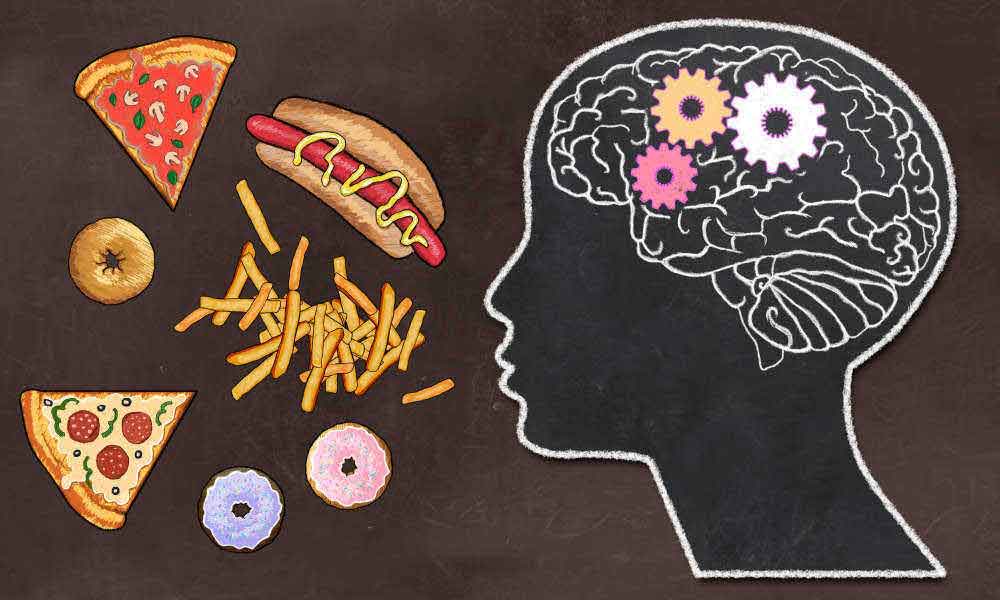Ever find yourself eating way too much, feeling out of control, and then regretting it? You might have a Binge Eating Disorder (BED). It’s a common problem that affects millions and can lead to serious health issues. But don’t worry, there are ways to get back on track. Let’s dive into how you can deal with BED and take charge of your eating habits.
What is a Binge Eating Disorder?
BED is when you frequently eat large amounts of food quickly, feeling like you can’t stop. Individuals having this problem are compulsive eaters. They have different excuses to eat or even eat without any reason. Afterward, they might feel guilty or ashamed. It’s the most common eating disorder, affecting many people.
Causes of BED
BED can be triggered by different things. Stress and depression are common, and hormones might also be factors. It’s more common in women and people who are overweight. Low self-esteem or family history might play a role. Society’s pressure to be thin and hormonal imbalances might contribute to BED. If you think you have BED, it’s important to start working on it and if needed get help from a mental health professional.
We also eat unmindfully, The reasons for eating without hunger are varied. Surprisingly, the following reasons are found to be linked to our eating patterns:
We eat because it is time to eat;
We overeat due to meetings or while at a social gathering;
we eat because the food is tasty;
We eat because we don’t want to waste food;
We eat because we are feeling bore or have anxiety;
We eat because of the insistence of our family members or friends.
Among various reasons for eating without being hungry, the above reasons are predominant, The Body has its own definite system of digestion and our system needs rest for the Migrating Motor Complex (MMC) to work. MMC is our body’s important cleaning system which takes place in a fasted state and plays a pivotal role in gut health.
Effects of BED
BED isn’t just about eating too much, It can lead to serious health issues like:

- Weight gain and obesity
- Type 2 diabetes
- High blood pressure
- High cholesterol
- Heart disease
- Stroke
- Sleep problems
- Joint pains
- Depression and anxiety
Preventing BED
To help prevent BED or stop it from getting worse, try these tips:
- Watch Your Triggers: If you binge eat when stressed or bored, find other ways to cope, like taking a walk or talking to a friend. Managing the triggers can lead to management of this problem So nip it in the bud
- Eat Regularly: Don’t skip meals. Eating regularly can help prevent binges. Aim for three meals and a few healthy snacks each day.
- Skip the Extreme Diets: Diets that are too strict can lead to binge eating. Instead, focus on healthy eating and accept your body as it is.
- Get Moving: Exercise can reduce stress and improve your mood, helping to prevent binges.
There are several ways to treat BED:
- Cognitive Behavioral Therapy (CBT): This helps you change negative thoughts and behaviors related to eating. It’s like training your mind to handle food better.
- Interpersonal Therapy (IPT): This focuses on fixing relationship issues that might affect your eating habits. It helps with communication and resolving social problems.
- Dialectical Behavior Therapy (DBT): This teaches you skills to manage emotions and stress without turning to food. It helps with things like emotional regulation and distress tolerance.
- Medication: Sometimes, medicine can help control binge eating, but it’s not usually the first choice.
Some home remedy trips:
Take apple cider vinegar whenever you have the urge to eat unnecessarily;
Drink a glass of lemon water;
Resort to clean eating;
Regular use of probiotics is found to be helping such cases;
Engaging yourself in some work or distraction also helps;
Fiber supplements, especially bulk forming are found to be helpful.
Conclusion
BED can be tough, but with the right treatment and some lifestyle changes, you can manage it. Get professional help if needed, and make sure to eat regularly, stay active, and be mindful of your triggers. You’ve got the tools to overcome BED and live a healthier, happier life.













